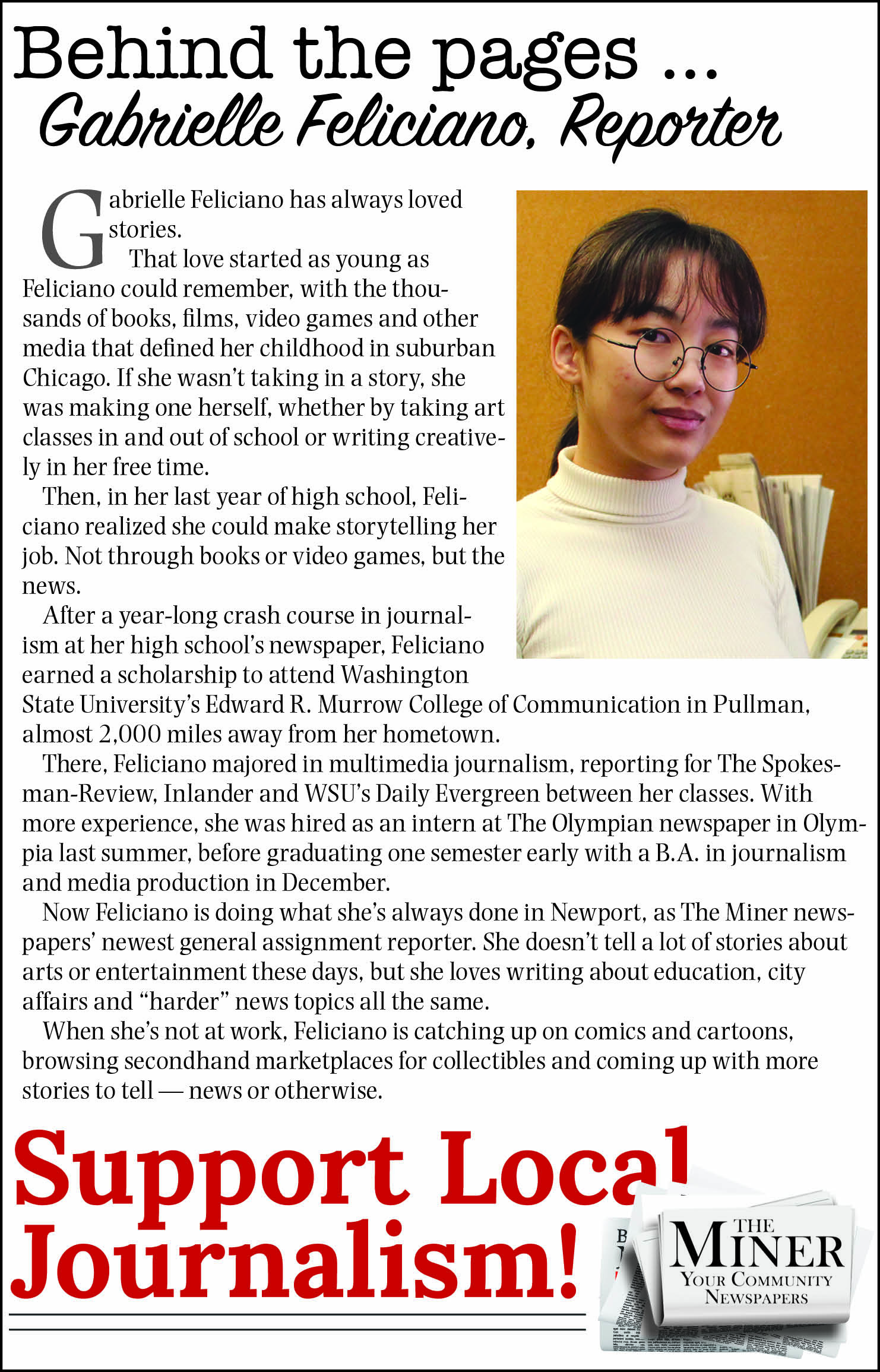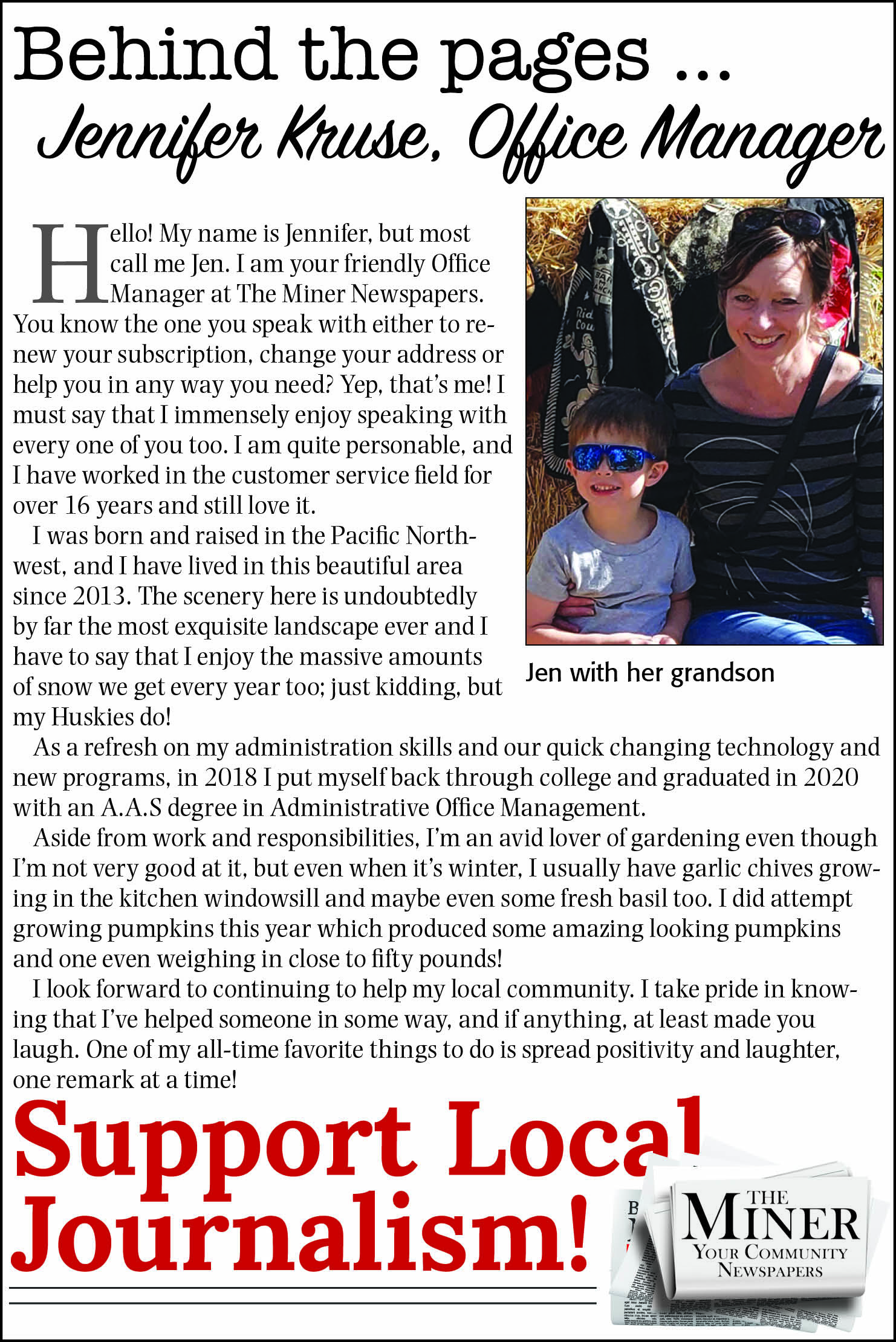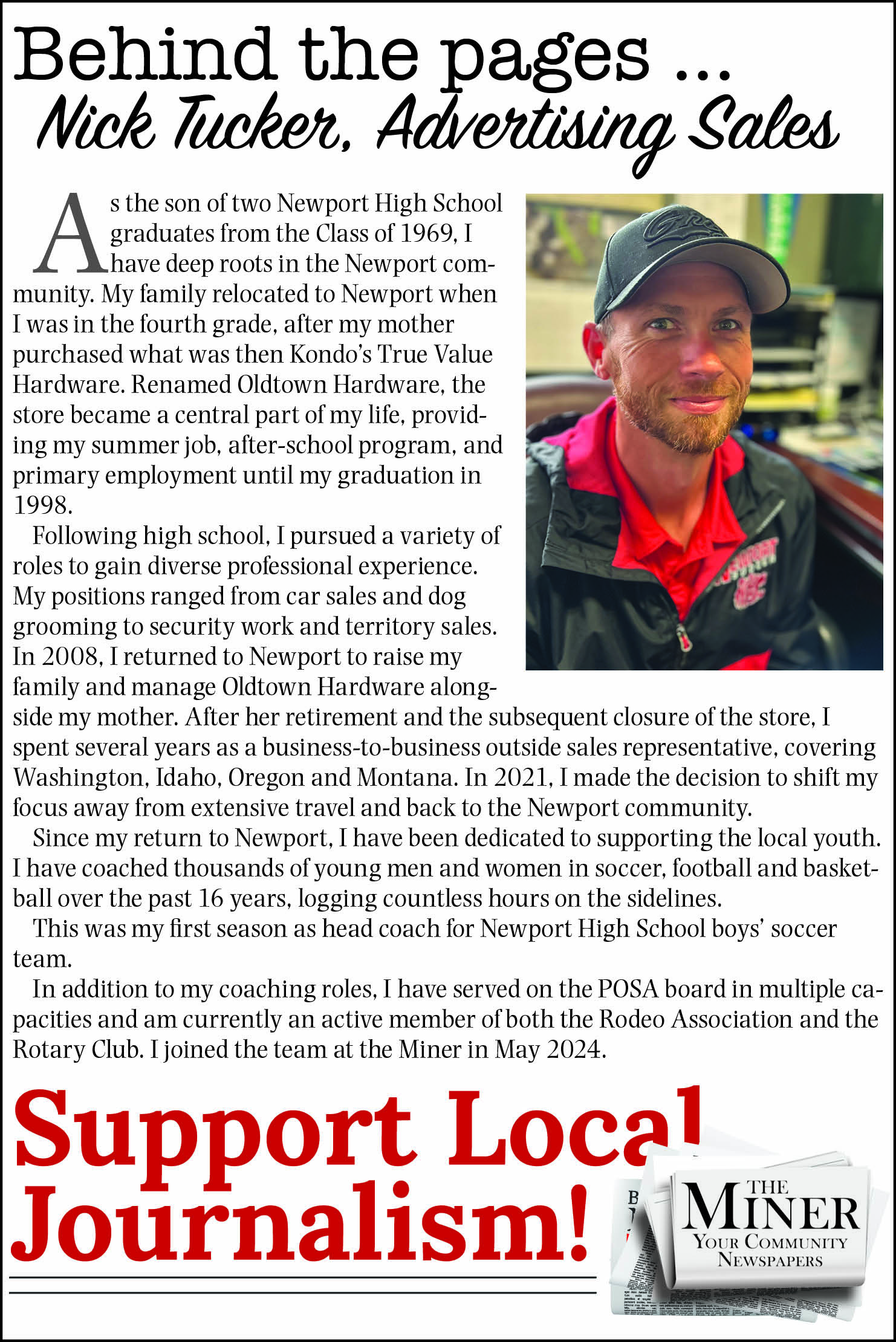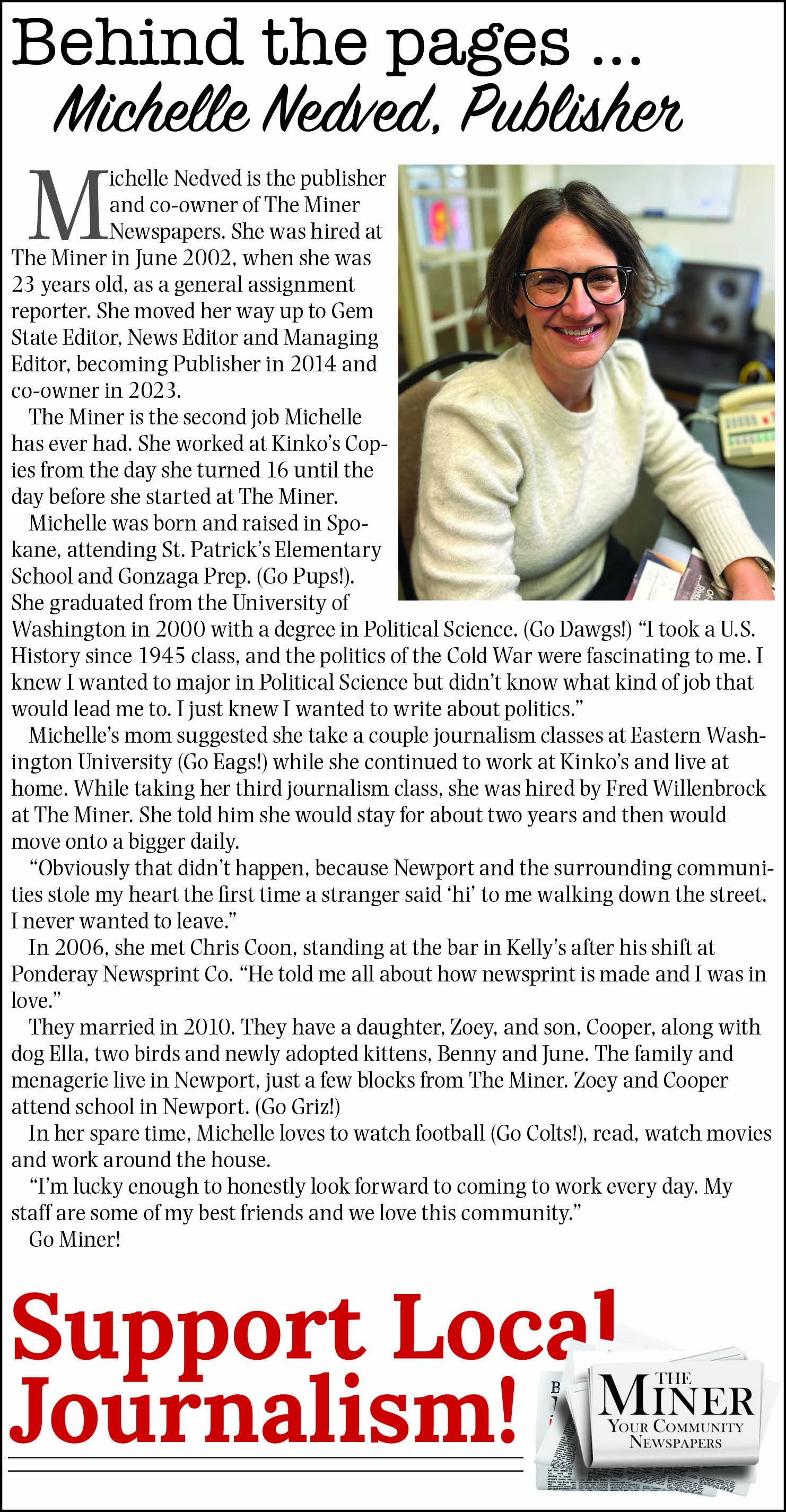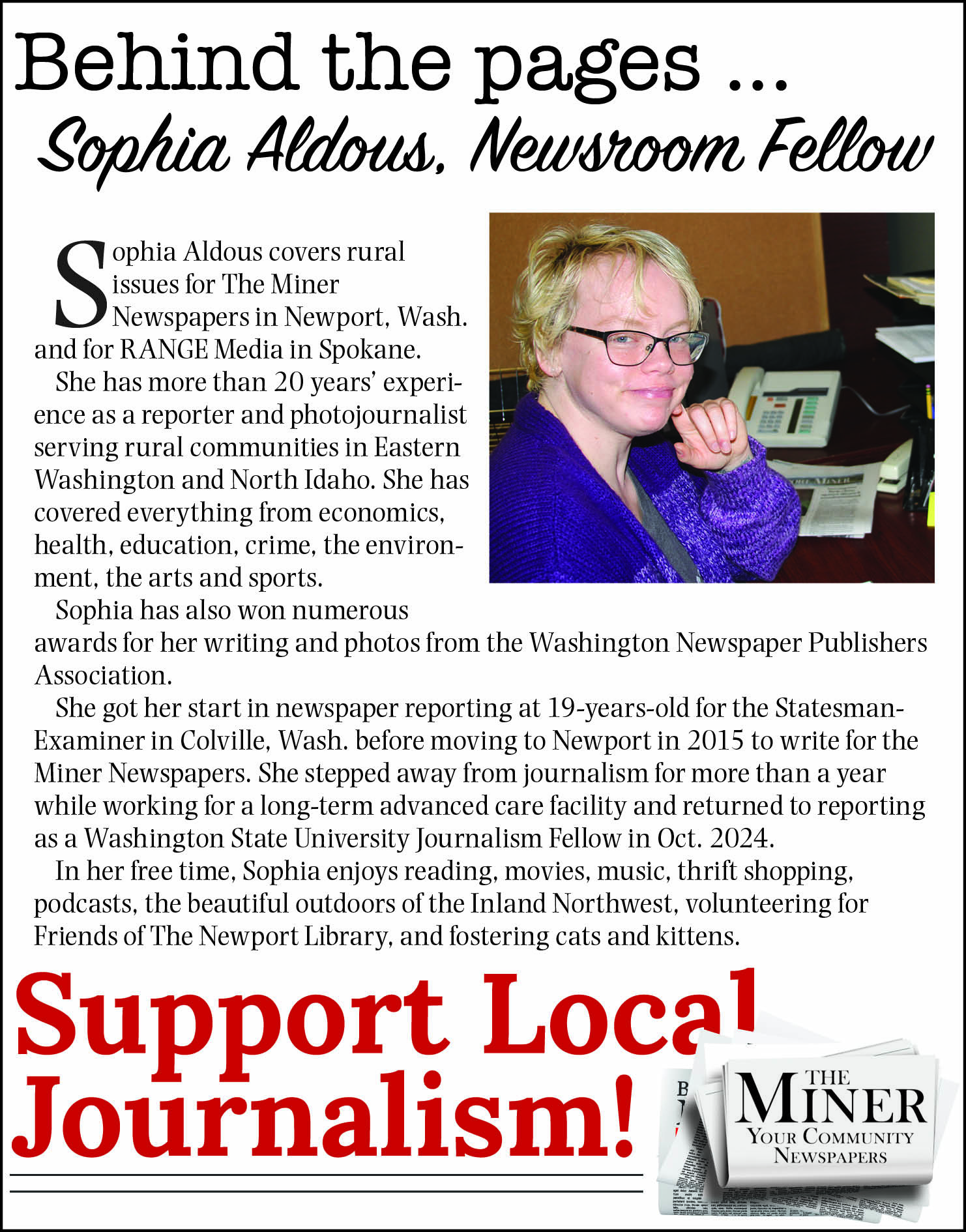OUR OPINION
After over 40 years, it looks like the Cooperative Information Network (CIN) that has shared materials with libraries across the region, including Pend Oreille and West Bonner Counties, is headed for dissolution.
What is CIN and why should I care, you might be asking. Established in 1984, the CIN is a consortium of libraries from Northeast Washington and North Idaho, including Pend Oreille County Library District, West Bonner County Library District, the Liberty Lake Municipal Library and the Community Library Network (CLN), which includes libraries in Kootenai, Shoshone and Benewah counties. The CIN is comprised of each library’s director representing their library board by proxy. Because of this partnership, library patrons in these areas have had access to hundreds of thousands of circulated items, like books, movies, music, games, kits, and more. It’s an alliance that has provide greater access to information and resources, regardless of a person’s “home base library.” If the consortium ends, patrons from these libraries would no longer be able to borrow books from the other libraries in the network. Many of these libraries are small and rural, so losing access would greatly diminish the number of available titles in their catalogs.
However, it looks like politics may have necessitated a clean break after disputes with the consortium’s largest member, the CLN, have caused the boards of each of the other 14 libraries in the last month to vote to dissolve the consortium, according to an article in the Spokesman-Review that ran Monday, July 14.
The consortium has been preparing to reorganize under the name Inland Northwest Libraries, rewriting its joint powers agreement after learning last year that its original incorporation in 1984 accidentally made technical legal errors that might make the organization invalid as a legal entity. This process overlapped with the controversial shifts in policy by CLN, instigated by Idaho House Bill 710, which addresses “harmful” content to minors in libraries. Earlier this year, CLN’s board voted to restrict its nearly 9,000 library cards belonging to minors from placing holds on CIN’s catalog. At the same time, minor library cards from other CIN members cannot check out books from CLN’s mature content collection.
This clashes with CIN’s agreed upon mission: “It is the overriding intent that the Cooperative Information Network (CIN) integrated system will be available to member libraries and their communities. Therefore, the members agree to act in good faith and in the spirit of mutual benefit and cooperation to achieve this goal.” (Read the full mission statement at www.cinlibraries. org/about/cin-circulation-policy).
It seems board members of CIN might have been put on the alert after a May 16 article in the Coeur d’Alene Press reported CLN trustees mentioned discussions in executive session about possible legal action against CIN. While no official action has been taken by the CLN board of trustees against CIN, the unspoken consensus from officials in CIN seems to be that it would be easier to dissolve the consortium as opposed to potentially get involved with lengthy and expensive lawsuits.
The CIN board meet Wednesday, July 16 to make the vote official. The organization is expected to dissolve Sept. 30, the end of the fiscal year. It’s possible that the remaining members could come together to form another consortium without CLN, but it isn’t clear yet if that would happen and what it would look like.
CIN was one of only eight such consortiums in Idaho, according to the Idaho Commission for Libraries. The Washington Digital Library Consortium (WDLC) serves 40 library systems across the state, but I was unable to find any concrete information on organizations like CIN in Washington.
Personally, I think it’s unfortunate that CLN’s draconian interpretation of an already strict and infringing law has led to the dissolution of an otherwise beneficial and worthwhile collaboration. If CLN’s board of trustees and Director Martin Walters cared more about patrons First Amendment rights than they did about telling other adults what their children can and cannot read, I don’t think this breakup would even be a blip on the horizon. As it is, I feel like the other board members are doing what they need to do to protect their library districts and patrons.
-SMA
SOPHIA MATTICE-ALDOUS IS A MURROW NEWS FELLOW WORKING DIRECTLY WITH NEWSROOMS AT THE NEWPORT MINER AND RANGE MEDIA THROUGH A PROGRAM ADMINISTERED BY WASHINGTON STATE UNIVERSITY. HER REPORTING IS AVAILABLE FOR USE VIA CREATIVE COMMONS WITH CREDIT.
.png)






